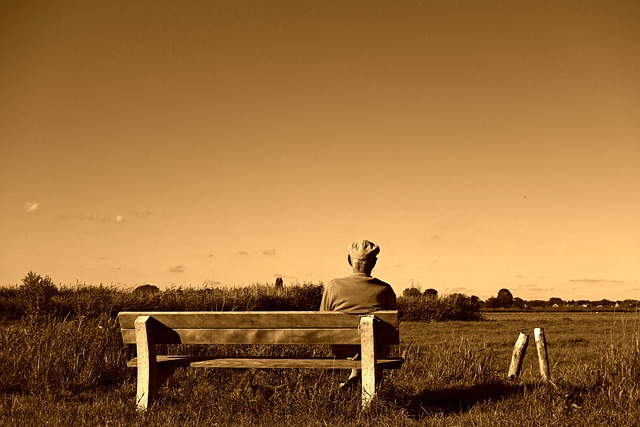As the global population ages, the role of elderly companion services has become increasingly significant in modern aging societies. This article delves into the multifaceted nature of companionship for seniors at home, a critical aspect of their well-being and quality of life. We will explore the evolving landscape of senior living, the emotional and psychological benefits of personalized care plans, and how technology enhances these services. Additionally, we will examine the various companion services available, from in-home caregivers to pet companionship, social engagement programs, and health monitoring systems, all tailored to meet the individual needs of seniors. Understanding the importance of elderly companion services is not just about providing company; it’s about fostering a supportive environment that allows our elders to thrive in the comfort of their own homes. Join us as we navigate through these services and provide guidance on selecting the right companion solution for your loved ones.
Understanding the Importance of Elderly Companion Services in Modern Aging

As the global population continues to age, the demand for elderly companion services has become increasingly significant. These services offer a vital lifeline to seniors who may be experiencing loneliness or lack of support at home. The benefits of having consistent companionship are manifold, from providing emotional support and reducing feelings of isolation to assisting with daily tasks and maintaining an individual’s independence. With personalized care plans tailored to each senior’s unique needs, these services ensure that individuals receive the appropriate level of engagement and care, fostering a sense of connection and well-being. Moreover, companion services can play a pivotal role in monitoring health and safety, offering peace of mind for both seniors and their families. By integrating technology and trained professionals into the home environment, elderly companion services enhance the quality of life for older adults, promoting dignity, autonomy, and a higher level of living in their later years. These services are not just about providing company; they are a comprehensive approach to senior care that respects the individuality and preferences of each client, thereby enriching their daily lives and contributing positively to the broader conversation on modern aging.

As individuals age, the need for companionship often becomes as vital as their physical well-being. Elderly companion services are designed to address this fundamental human requirement by providing seniors with a consistent presence and personalized interaction tailored to their preferences and needs. These services not only offer emotional support but also help maintain cognitive function and overall mental health. Professionals from elderly companion services can assist with daily activities, engage in meaningful conversation, and provide a sense of connection that can significantly enhance the quality of life for seniors living at home. By fostering a supportive and engaging environment, these services enable older adults to lead more fulfilling lives, promoting independence and dignity in their own homes. The benefits of such companionship extend beyond the immediate social interaction; it can also lead to improved physical health outcomes by encouraging active lifestyles and ensuring that seniors receive timely assistance, thereby reducing the risk of falls or other accidents often associated with prolonged periods of isolation. With a growing emphasis on aging in place, elderly companion services represent a key component in supporting the autonomy and happiness of seniors in their familiar and comforting home environments.






